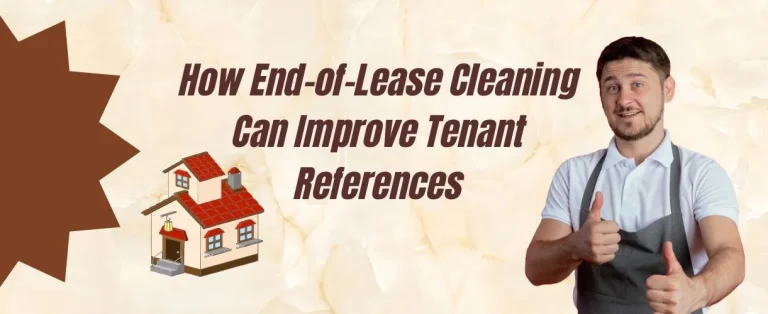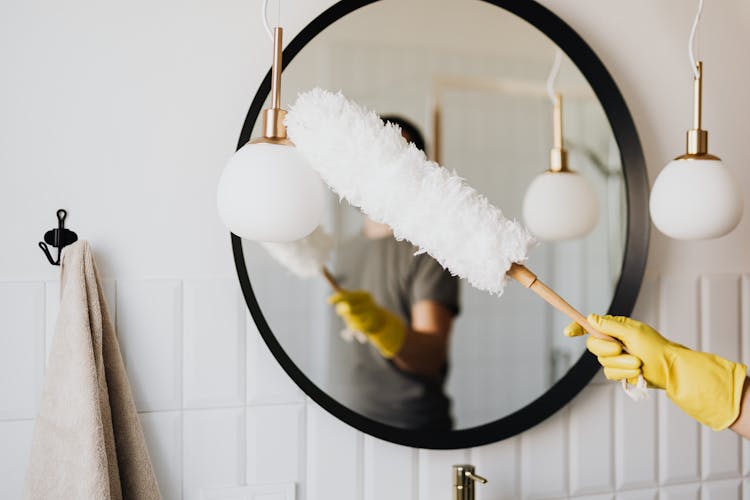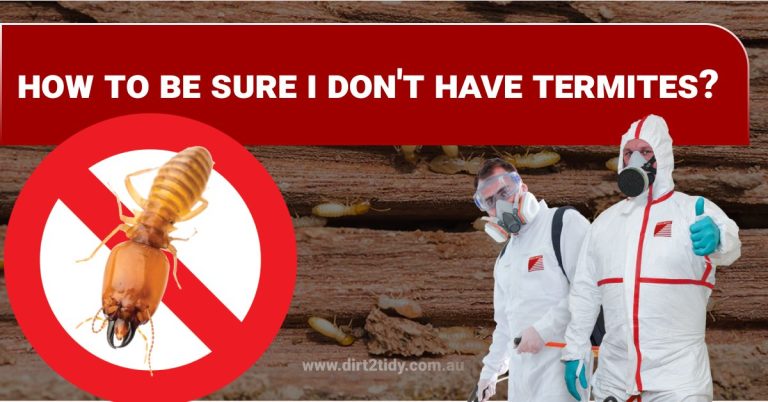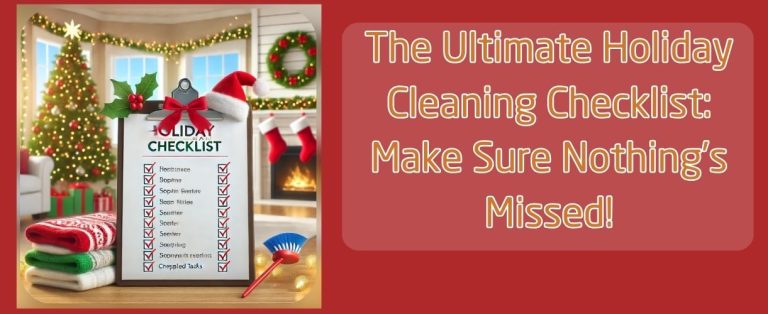
Nothing can be more enjoyable than sitting with your family outside in spring and enjoying some tea. But before planning to meet up with your friends or family, take a look at your patio. Are your brick pavers looking dirty and old? Brick pavers are exposed to environmental elements every time they are exposed to dirt and mold. Brick pavers are a heavy investment, so it’s not easy to replace them. Instead of shelling out thousands of dollars, check out the following tips on how to clean and seal brick pavers.
1. Choose a Cleaning Method
For cleaning your brick pavers, you may need to purchase some basic cleaning solutions and equipment. You can also make homemade cleaning solutions to clean any stain or dirt from pavers.
Cleaning Methods
- Professional Approach:
Most professional paver cleaning services use a combination of hot water, quality chemicals, and high-pressure cleaning techniques. This method effectively removes dirt, grime, oil, and prevents weed/algae germination. Using the right equipment and knowing the necessary pressure for various types of pavers is crucial to avoid damage and achieve the best results.
- Pressure Washing:
Pressure washing helps to clean your pavers and remove any old stains, mold, and grass. If you don’t consider cleaning pavers, grass, leaves, and dirt drop marks over time.
- Dish Soap:
Add water and dish soap to a container and gently scrub the stains with a sponge.
- Simple Green:
Simple green does not have harmful and strong chemicals that discolor or damage your brick pavers.
- White Vinegar and Water:
Make a water and vinegar solution, apply it on pavers for an hour, and then use soap and water to scrub the old stains. It is a natural way to clean up your brick pavers.
- Brooming:
Remove dirt and debris from your pavers regularly.
By combining these methods, you can maintain the beauty and longevity of your pavers. Whether opting for a professional service or using homemade solutions, understanding the right approach ensures effective cleaning without compromising the integrity of your pavers.
In professional paver cleaning, a combination of specialized equipment and techniques is employed to ensure pristine results. Here’s a breakdown of what’s typically used:
Equipment
- Hot Water Pressure Washer: This is essential for loosening deep-seated dirt and grime. The hot water helps in dissolving tough stains more effectively than cold water.
- Surface Cleaners: These attachments connect to the pressure washer and ensure even cleaning across the pavers. They prevent streaks and provide consistent pressure.
- Rotary Tools: For intricate edges and hard-to-reach areas, these tools provide precision cleaning.
Methods
- Quality Cleaning Agents: Environmental-friendly detergents and degreasers break down oil, grease, and grime without damaging the surface of the pavers.
- Pressure Adjustment: Varying the water pressure is crucial. Experienced professionals adjust the pressure based on the type of paver, ensuring effective cleaning without causing any damage.
- Weed and Algae Treatment: After cleaning, a preventative treatment is often applied to inhibit the growth of weeds and algae, maintaining the clean look for longer.
By employing the right tools and tailored techniques, professionals ensure that your pavers are not only clean but also preserved for future use.
How Much Does It Cost to Clean Pavers?
When considering the cost of cleaning pavers, several factors come into play. While paver cleaning services are designed to be both effective and economical, the final price can vary based on a range of criteria. Here’s a detailed breakdown of what to consider:
Key Factors Influencing Cost
- Material Type
- The type of paver material (e.g., concrete, clay brick, or natural stone) can impact the cost due to differing cleaning requirements.
- Joint Width
- The width of the joints between pavers can also affect pricing. Narrow joints may require more detailed work, potentially increasing labor costs.
- Location
- Geographical location plays a role, as cleaning services in urban areas might cost more due to higher demand and overheads.
- Size of the Area
- The overall size of the area needing cleaning is one of the main cost drivers. Larger areas typically mean more work, affecting both time and resources.
Average Pricing
While prices can vary, cleaning pavers can range from $0.25 to $2.00 per square foot. For example, a standard patio measuring 400 square feet could cost anywhere from $100 to $800 depending on the factors above.
Additional Considerations
- Add-Ons: Services like sealing after cleaning may be offered at an additional charge, providing longer protection for your pavers.
- Discounts: Some companies might offer discounts on bundled services or for regular maintenance contracts.
By understanding these variables, you can better estimate your specific costs and choose a service that best matches your budget and needs.
2. Remove Weeds
Weeds and grass grow between seams and can weaken seams. The root system of any plant can be a problem for your pavers. Keep an eye on all seams and use an anti-weed agent to prevent weed growth.
3. Paver Sealing
You should seal your brick pavers every year as sealer can close off the openings of the surface to prevent seeping contaminated water into the material. By sealing brick pavers, you’ll benefit from;
- Reduction in weed and grass growth.
- Stopping ant activity
- Stopping UV rays
- Decreasing color fading
- Prevent mold growth
- Increasing durability
Sealing pavers is not a tough job; even you can handle this job without having problems. If you want to seal your pavers yourself, here are some tips;
- Clean before sealing
Before applying the sealant to pavers, clean the entire area (patio or backyard landscaping) with a pressure washer. Clean brick seams and make sure to remove grass and weeds.
- Level uneven bricks
With the clean backyard landscaping now look around and examine the condition of the brick pavers. With time pavers can settle, making them uneven. If you notice bricks that are out of place or unlevel, use a screwdriver to pull them out. After removing them, add a little sand and smooth it out with a putty knife. Then re-install the bricks. Tap gently with a mallet on bricks to place them level to others.
- Re-grouting joints
After leveling pavers, it’s time to re-sand any joints. This step of sealing pavers is not too hard but take your patience. Use fine to medium-grained angular sand and sweep it on joints. Completely fill the joints by using the wet sanding method. Continue until the joints are filled with sand and brush the entire paver to get evenly filed joints.
- Sealing brick pavers
For efficient paver sealing, use a pump sprayer. The type of equipment or sprayer depends upon the nature of the sealer you want to use. If you are using a water-based sealer, a garden pump will work efficiently for sealing brick pavers, but for solvent-based sealers, heavy-duty pumps are preferred.
Start from one end of the backyard landscaping and coat sealer evenly to bricks. Make sure to cover each joint and brick, and for making an even coat apply a second coat. Rope off the area to cure and completely set.
- Never use an excess sealer
Never apply too much sealer on brick or stone pavers, as they are lying on a bed of sand. When the sand gets wet, the sun is going to draw moisture out, and water vapors can have trouble passing through pavers. As a result, pavers look white, blushed, or possibly peeling.
- Maintaining paver sealing
The maintenance of the paver sealer is an important thing. Clean your pavers regularly, clean leaves, debris, mold, and wild grass or weeds that stain pavers. When you notice that your pavers are dull down due to weather conditions, apply a light maintenance coat of sealer to freshen up.
4. Grout Lines
Use a scraper to apply a small amount of grout wherever it needs. After applying grout, remove any excess from pavers to prevent staining. Use a wire brush to eliminate dried grout marks from pavers.
5. Pressure Washing
Use pressure washing to clean your bricks or stones. Start with a lower pressure setting and gradually increase it till you see the result without damaging permeable materials. Pressure washing removes any excess sealer and grouting on the bricks. Also, take care to avoid washing away too much sand and corroding the base.
6. Inspect Damage
After cleaning, removing mold, washing, and sealing pavers, look for signs of damage. Extreme weather conditions can damage the pavers, no matter if they are made of bricks or stones. Such issues can get worse over time, so it is better to repair them as soon as possible. Contact your landscaper to discuss all your problems with pavers.
7. Replace Pavers
You may need to replace some pavers once in a while because of damaged conditions. It is easy to replace bricks without damaging the area.
Brick pavers can increase your home’s curb appeal and even boost your property value, but they need to be pressure washed once a year. These tips will help you to avoid unsightly stains and make your pavers look appealing.
Making a Lasting Impression
Want to impress potential buyers or tenants? A clean exterior, starting with your pavers, can make all the difference. First impressions are crucial, and a well-maintained exterior speaks volumes about the care and quality of a property.
- Enhance Curb Appeal: Regular cleaning ensures your pavers remain vibrant and attractive.
- Boost Property Value: A pristine exterior can make your property more enticing to potential buyers.
- Avoid Stains: Keeping pavers clean prevents dirt and grime from becoming permanent eyesores.
By maintaining clean pathways and common areas, you create an inviting environment that showcases the true potential of your property. Investing in regular pressure cleaning not only preserves your pavers but also elevates the overall appearance, making your property stand out in a competitive market.
Don’t worry if you can’t handle cleaning pavers on your own. You can call experts who know how to pressure wash and sealing your brick pavers efficiently. Find a professional pressure washing companyin Cape to help you out with paver cleaning and washing.
What Are the Benefits of Using a Professional Paver Cleaning Service Over DIY Methods?
Revitalize Your Property’s Appearance
Professional paver cleaning services can breathe new life into your property’s outdoor spaces. Whether you’re considering selling, renting, or simply maintaining your property, a professional clean can significantly enhance its visual appeal. This polished look can attract more buyers or tenants and increase your property’s overall value—without straining your budget.
Protect and Preserve Your Investment
While it might seem tempting to tackle paver cleaning on your own, using high-pressure cleaning equipment incorrectly can actually harm the surface. Many DIYers, eager to save money, often end up causing unintended damage, particularly to delicate materials like bricks or limestone.
Professional services come equipped with advanced water pressure systems designed specifically for paver cleaning. This specialized equipment ensures a thorough clean without compromising the integrity of your pavers.
Expertise and Efficiency
Hiring professionals means you benefit from their expertise and experience. They understand the nuances of different materials and can tailor their cleaning approach accordingly. This expertise not only ensures high-quality results but also saves you time and effort. Moreover, they know the right cleaning agents to use, keeping your surfaces safe while achieving a spotless finish.
Avoid Costly Mistakes with Guidance
Not everyone has the skill set or equipment necessary for an effective DIY clean. Professionals mitigate the risks of improper cleaning techniques. The guidance and tailored solutions provided by experts can prevent costly damage or premature wear, helping you maintain your investment for the long term.
In conclusion, choosing professional paver cleaning services over DIY methods ensures that your property remains attractive, durable, and free from the pitfalls of amateur cleaning attempts.





